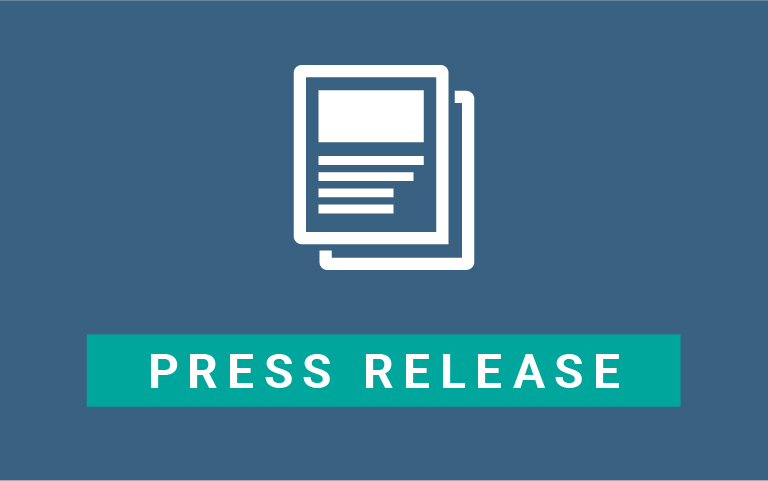
15 Feb GPOs Turn to Tech and Innovation to Navigate Post-Pandemic Challenges
GPOs are adapting to ongoing industry hurdles by leveraging cutting-edge technologies and lessons learned from the pandemic, according to the Healthcare Group Purchasing Industry Initiative’s (HGPII) 18th Annual Report, released today.
“This report captures and illustrates how healthcare GPOs are playing a dynamic role in bringing innovative products to the medical supply chain,” noted Congressman Phil English, National HGPII Coordinator. “HGPII’s members are actively supporting the pipeline for innovation for the American healthcare system. The industry is accommodating important medical breakthroughs and novel health products central to future practice while continuing to save money for the system.”
The Annual Report also outlines how the group purchasing industry is promoting transparency, compliance with ethical standards, supply chain diversity, and sustainability contracts. The report documents how the industry remains highly competitive.
The report, conducted by ArentFox Schiff, finds that GPOs are using data analytics, AI, and machine learning to overcome a host of challenges — including product shortages, soaring costs, high patient volumes, inflation, and the dependence on offshoring — all of which are expected to persist well into the future. These findings illuminate the crucial role that the nation’s GPOs play in delivering savings to their customers and reflect the lingering impact of the pandemic, its accompanying systematic retrenchment, and greater public interest in GPO activities.
“Dynamic GPOs have embraced digital transformation without sacrificing their commitment to accountability and rigorous guidelines set forth by HGPII—and that will go a long way toward combating global inflation and volatile supply chains,” said Senator Byron Dorgan, HGPII National Co-Coordinator. “Even as GPOs develop extensive initiatives that provide access to groundbreaking healthcare products, we’re certain they’ll continue to deliver the effective contracts that healthcare organizations have come to expect.”
By conducting interviews and reviewing member questionnaires, HGPII’s annual assessment of the healthcare supply chain also highlighted several encouraging developments:
An Embrace of Rapid Innovation
- Leading GPOs have developed sophisticated programs that bring innovative products and breakthrough technologies swiftly to market and to high standards—a top priority for healthcare consumers.
- They have established aggressive and accessible workflows to promote such products to their membership.
- Member organizations are encouraging vendors to bring new and visionary technologies to the market as a part of their efforts to maintain HGPII best practices.
Increased Supply Chain Resilience
- GPOs have shifted focus to create a healthcare supply chain centered around local production, adequate inventories, and improved transparency.
- To do so, member organizations have relied on a broad range of tactics, such as scaling machine learning models to assess the availability of products and partnering with suppliers to gather data, forecast demand, and identify needed regulatory changes.
- These changes have staved off product shortages, expanded capacity across product categories, and provided GPOs with better forecasting capabilities.
Harnessing New Technologies
- GPOs are leveraging data analysis and AI to scale customer-specific platforms and collect millions of data points related to member inventories, available supplies, and potential product delivery bottlenecks.
- Such changes have provided substantial value to GPOs over the past year, helping prevent drug shortages and supply disruptions.
- To improve transparency across the industry, GPOs have developed innovative IT systems that help share data and forecast market dynamics among member organizations.
“While the past year has been challenging for some GPOs,” said English, “we’re delighted to see that HGPII participants have reconfigured their operations to take advantage of burgeoning technologies like AI and machine learning, which can take the guessing out of supply chain management and procurement.”
In addition, GPOs have continued to advance initiatives that foster sustainability and diversity. They report expanding green purchasing contracts and are actively promoting environmentally preferred products to improve patient outcomes and the earth’s ecosystem. Building on their strong and well-established diversity programs, GPOs have also leveraged institutional health spending to create more equitable opportunities for minority-owned suppliers and HGPII members.
As a result of these developments, the GPO sector has continued to bolster, deploy, and promote breakthrough products, therapies, and services that are reshaping the healthcare marketplace.
HGPII was established in 2005 by nine major healthcare group purchasing organizations (GPOs) that pledged to adopt and implement a set of principles for business ethics and conduct centered on the healthcare supply chain industry. These best practices are shared at the HGPII Annual Forum and independently evaluated annually with the HGPII Annual Report.

